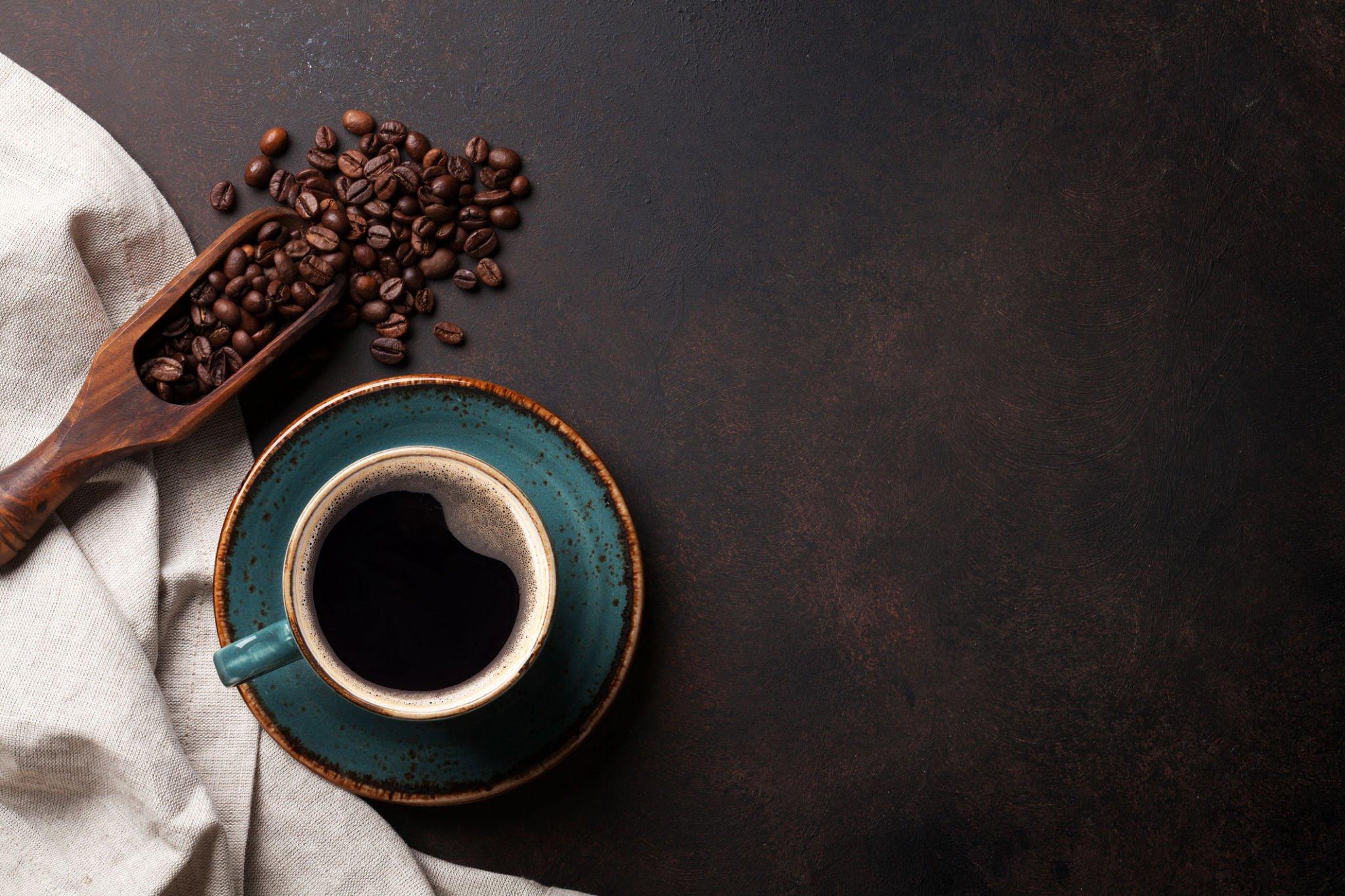Find out if coffee contains sulfites and what it means for your health. Learn the facts about coffee and sulfites to make an informed decision.
If you’re wondering whether your morning cup of joe contains sulfites, you’re not alone! Coffee is one of the most popular beverages in the world, and it’s no surprise that people want to know what’s in it.
So, let’s dive into the science and find out if coffee really does contain sulfites.
What are Sulfites?
Sulfites are compounds containing sulfur and oxygen that can be found naturally in some foods and beverages. They are also used as preservatives to extend shelf life, prevent discoloration and protect against bacteria in certain products.
Sulfites can be found in a variety of foods and beverages, including dried fruits, jams, jellies, processed potatoes, salad dressings, beer, and wine.
Is Coffee Naturally Containing Sulfites?
No, coffee does not naturally contain sulfites. Coffee beans do not naturally contain sulfites, although some beans may have come in contact with sulfites during processing or shipping.

Are Sulfites Added to Coffee?
Sulfites are not usually added to coffee, but can be present in some instant coffees. Instant coffee is made from pre-processed coffee beans that are ground, brewed, concentrated and flash dried.
This process can cause the natural sulfur present in the beans to be released, forming sulfites.
Instant coffee with sulfites will typically display “contains sulfites” on the packaging.
Potential Health Risks of Sulfites in Coffee
Sulfites are generally considered safe for most people but can cause adverse reactions in people with allergies or sensitivities. Symptoms of sulfite allergy or sensitivity may include difficulty breathing, hives, chest tightness or wheezing.
People with sulfite allergies should avoid consuming foods or beverages containing sulfites.
Alternatives to Coffee with Sulfites
For those looking to avoid consuming sulfites, there are a few alternatives to coffee with sulfites. Freshly roasted single origin coffee is a great option as it has not been processed or exposed to sulfites. Another great option is cold brew coffee, as the beans can be steeped in cold water, eliminating the need for processing.
Additionally, organic and fair trade coffees are often processed without the use of sulfites.

Frequently Asked Questions (FAQ)
F1: Does Coffee Contain Sulfites?
Answer: No, coffee does not contain sulfites.
F2: What Are Sulfites?
Answer: Sulfites are sulfur-based compounds that are used as preservatives in some foods and beverages.
F3: Are Sulfites Harmful?
Answer: In general, sulfites are not considered to be harmful to most people. However, some people may be sensitive to sulfites and may experience allergic reactions when consuming foods or beverages that contain them.
F4: Are There Any Alternatives to Sulfites?
Answer: Yes, there are several alternatives to sulfites that can be used as preservatives in foods and beverages. These include natural preservatives such as vinegar, citric acid, and ascorbic acid.
F5: Are There Any Foods or Beverages That Contain Sulfites?
Answer: Yes, some foods and beverages contain sulfites as preservatives. These include dried fruits, wines, and some processed foods.
F6: Are There Any Health Benefits to Drinking Coffee?
Answer: Yes, there are several potential health benefits associated with drinking coffee, including
Final Word
Yes, coffee does contain sulfites. While the amount of sulfites in coffee is low, it is important to be aware of this if you have a sulfite sensitivity. Enjoy your coffee, but be mindful of your health.

My name is Michael Jones, and I’m a coffee enthusiast and expert based in the US. I run my own coffee shop, and I’m passionate about everything related to coffee. On my website, Coffee and Comfort, I share my knowledge and tips to help you elevate your coffee experience. Whether you’re a beginner brewer or a seasoned barista, I have something for everyone. I’ll teach you how to choose the right coffee beans, grind them perfectly, and brew a delicious cup of coffee at home. I’ll also share tips on how to make different coffee drinks, like lattes, cappuccinos, and espressos. But more than just teaching you about coffee, I want to help you create a coffee lifestyle that you love. Coffee is more than just a beverage; it’s a way to connect with people and enjoy the simple things in life.
